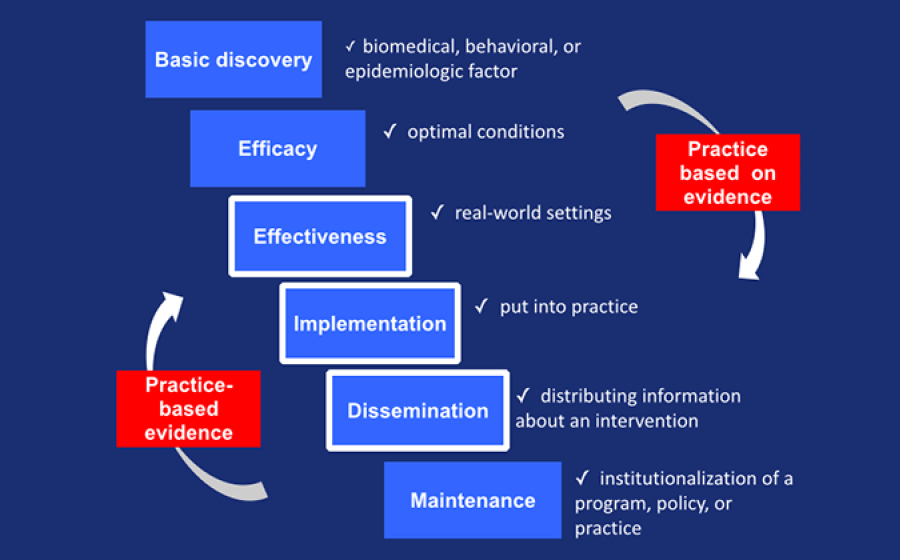Table Of Content

He currently researches and teaches economic sociology and the social studies of finance at the Hebrew University in Jerusalem. "Time is the greatest ally of the investor because of the 'magic' of compound interest," Johnson says. Below we break down a few of the major types and explain their differences. Meanwhile, Bank of America's US equity chief Savita Subramanian said on Friday that the US economy is still on solid footing despite slowing GDP and hot inflation. Instead, traders focused mostly on earnings strength from Alphabet and Microsoft.
InvestingPro Fair Value
Software revenue rose 6%, driven by Red Hat and artificial intelligence, and the infrastructure segment managed to grow despite being two years into the current mainframe product cycle. Tech, industrials, financials, and consumer staples are just a few industry sector examples. Investing in stocks from a variety of industries helps to improve your portfolio's diversity. US stocks closed higher on Friday to end the best week since November, with tech rallying after earnings from mega-cap stalwarts. The silver lining is that consulting for AI-related projects is booming.
Other U.S. Stocks Data
A stock represents fractional ownership of equity in an organization. It is different from a bond, which operates like a loan made by creditors to the company in return for periodic payments. A company issues stock to raise capital from investors for new projects or to expand its business operations. The type of stock, common or preferred, held by a shareholder determines the rights and benefits of ownership.
How to buy and sell stocks
Going Into Earnings, Is Palantir Stock a Buy, a Sell, or Fairly Valued? - Morningstar
Going Into Earnings, Is Palantir Stock a Buy, a Sell, or Fairly Valued?.
Posted: Fri, 26 Apr 2024 18:11:15 GMT [source]
The court cannot force you to sell your shares, although the value of your shares may have fallen. Likewise, if a major shareholder goes bankrupt, they cannot sell the company’s assets to pay their creditors. A stock gives an investor a small ownership share of a company and the stock's returns will generally be based on the company's performance. Investing in stocks is a common way for investors to build wealth for themselves. For example, Coke common stock shareholders receive one vote per share, while Class B shareholders receive 20 votes per share.
Corporations issue stock to raise funds to operate their businesses and the holder of stock, a shareholder, may have a claim to part of the company's assets and earnings. "If you buy 100 shares of Coca Cola Company stock, you're most likely buying the common stock," says Robert Johnson, a professor of finance at Creighton University. "Common stock, at most companies, accounts for the vast majority of the shares outstanding." Dividends give investors a means of realizing income without having to sell any of their shares — even during years that the stock price declines.
How to Compare Common and Preferred Stock
S&P 500 posts best week since November, Nasdaq surges 2% Friday as Alphabet soars: Live updates - CNBC
S&P 500 posts best week since November, Nasdaq surges 2% Friday as Alphabet soars: Live updates.
Posted: Thu, 25 Apr 2024 22:04:01 GMT [source]
Conversely, shareholders can also expect their returns to be diminished if the company underperforms or declines. And in the worst-case scenario, a stock owner's shares could become worthless if the company was to go bankrupt. Companies can issue new shares whenever there is a need to raise additional cash. This process dilutes the ownership and rights of existing shareholders (provided they do not buy any of the new offerings). Corporations can also engage in stock buybacks, which benefit existing shareholders because they cause their shares to appreciate in value. Stocks are bought and sold predominantly on stock exchanges and are the foundation of many individual investors' portfolios.
stocks
But unlike private equity investments, which are typically reserved for accredited investors, thousands of stocks are available for anyone to buy and sell on public exchanges like a stock market. Stocks are issued by companies to raise capital to grow the business or undertake new projects. There are important distinctions between whether somebody buys shares directly from the company when it issues them in the primary market or from another shareholder in the secondary market. Thankfully, you don't need a huge account balance to build a diversified stock portfolio with your broker. Through the use of ETFs, mutual funds, or fractional shares, it's easy to invest in dozens or hundreds of stocks with minimal capital. Most often, stocks are bought and sold on stock exchanges, such as the Nasdaq or the New York Stock Exchange (NYSE).
Because of this, dividend-paying stocks are often very attractive to investors who are in or near retirement. Investors can instantly diversify their stock holdings by investing in stock funds (ETFs or mutual funds), which allows you to spread your money across a variety of stocks. Some funds are actively managed while others track benchmark market indexes, such as the S&P 500.
Following earnings, during which it announced its first-ever dividend, Google parent Alphabet soared more than 10% in Friday trading a record high, reaching a market value above $2 trillion. Data are provided 'as is' for informational purposes only and are not intended for trading purposes. Get stock recommendations, portfolio guidance, and more from The Motley Fool's premium services. Shares of International Business Machines (IBM -1.05%) slumped on Thursday after the tech giant reported first-quarter results that fell a bit short of expectations.
The major difference between the two is typically that Class B shares will have more voting rights. If you have the time that it requires to research and manage trades, trading can offer faster returns than investing. However, investing is the way to go if you want to earn passive income on your stock holdings. And if you do decide to dabble in trading, it's important to think through your trade plan before taking any position and stick with it no matter what. A stock, also known as equity, is a security that represents a fractional share of ownership in a company.
A shareholder is considered an owner of the issuing company, determined by the number of shares an investor owns relative to the number of outstanding shares. If a company has 1,000 shares of stock outstanding and one person owns 100 shares, that person would own and have a claim to 10% of the company's assets and earnings. Treasury stock — also called treasury shares — is stock that a company has bought back from public investors. When a company does a stock buyback, it puts the repurchased shares back under its own control and reduces the supply of shares available in the market. Corporate property is legally separated from the property of shareholders, which limits the liability of both the corporation and the shareholder. If the corporation goes bankrupt, a judge may order all of its assets sold but a shareholder's assets are not at risk.
When investors are able to take advantage of compounding returns over many years, their profits can increase exponentially. That's why time in the market, rather than perfect timing, is likely to be most important to your success. Bondholders are creditors to the corporation and are entitled to interest as well as repayment of the principal invested. Creditors are given legal priority over other stakeholders in the event of a bankruptcy and will be made whole first if a company is forced to sell assets. Owning stock gives you the right to vote in shareholder meetings, receive dividends if and when they are distributed, and the right to sell your shares to somebody else. IBM is particularly well-positioned to win AI-related business as the AI hype cycle matures.
So blue-chip companies usually also fall into the large-cap category. Let's say that you're an average retail investor who only has access to common stock. You can filter your stock search in a variety of ways such as by size, industry, style, or location.

No comments:
Post a Comment